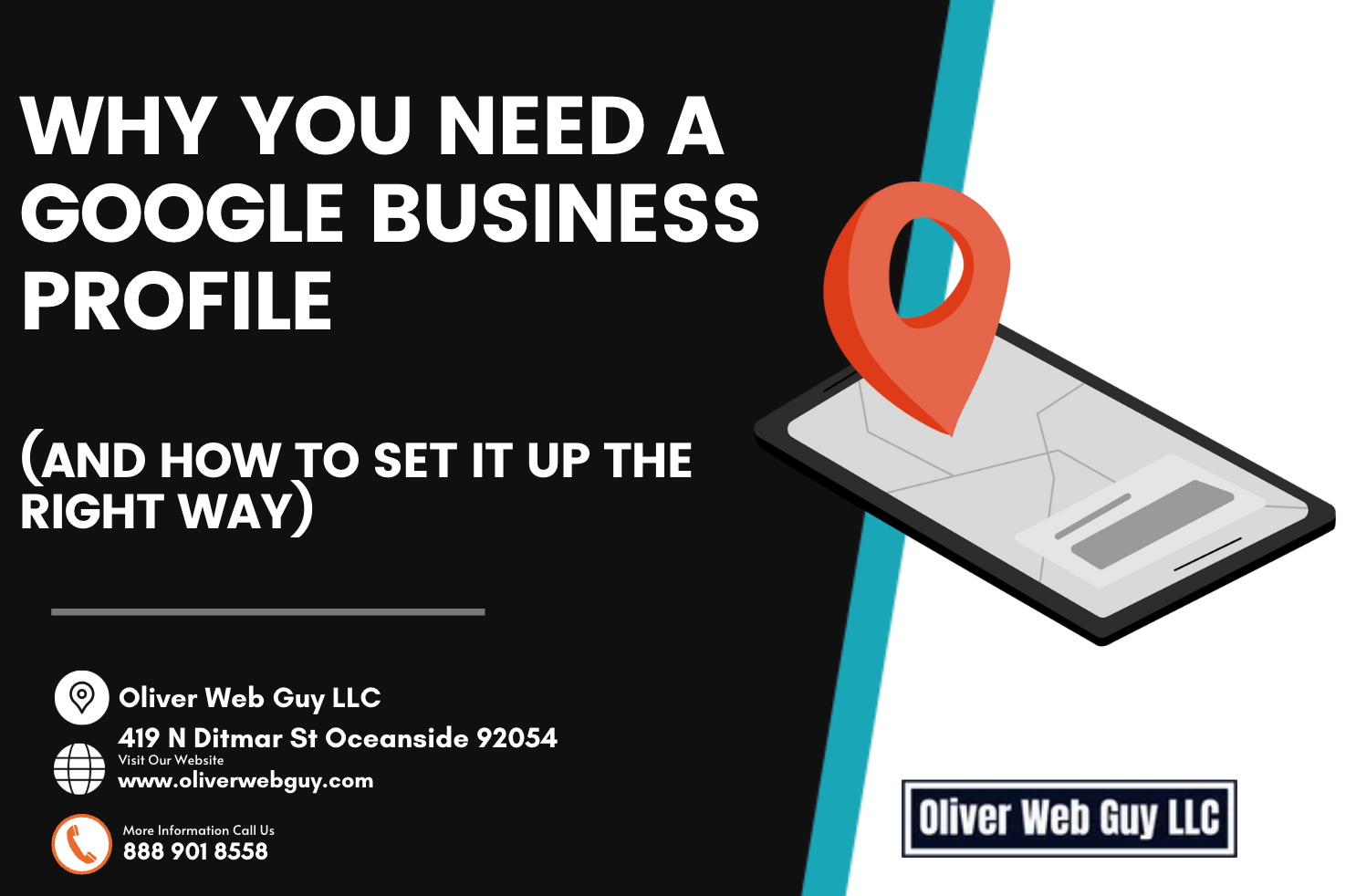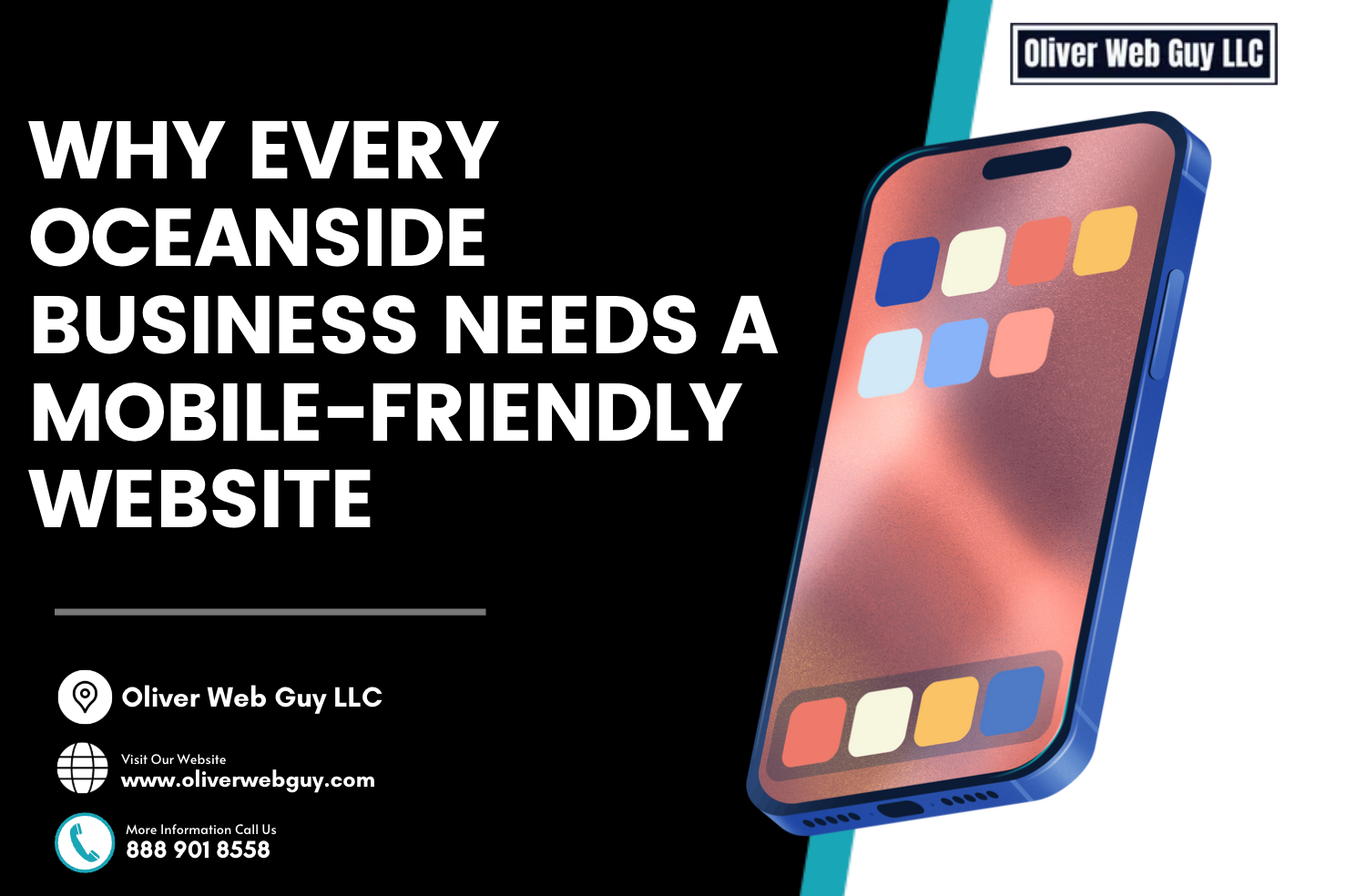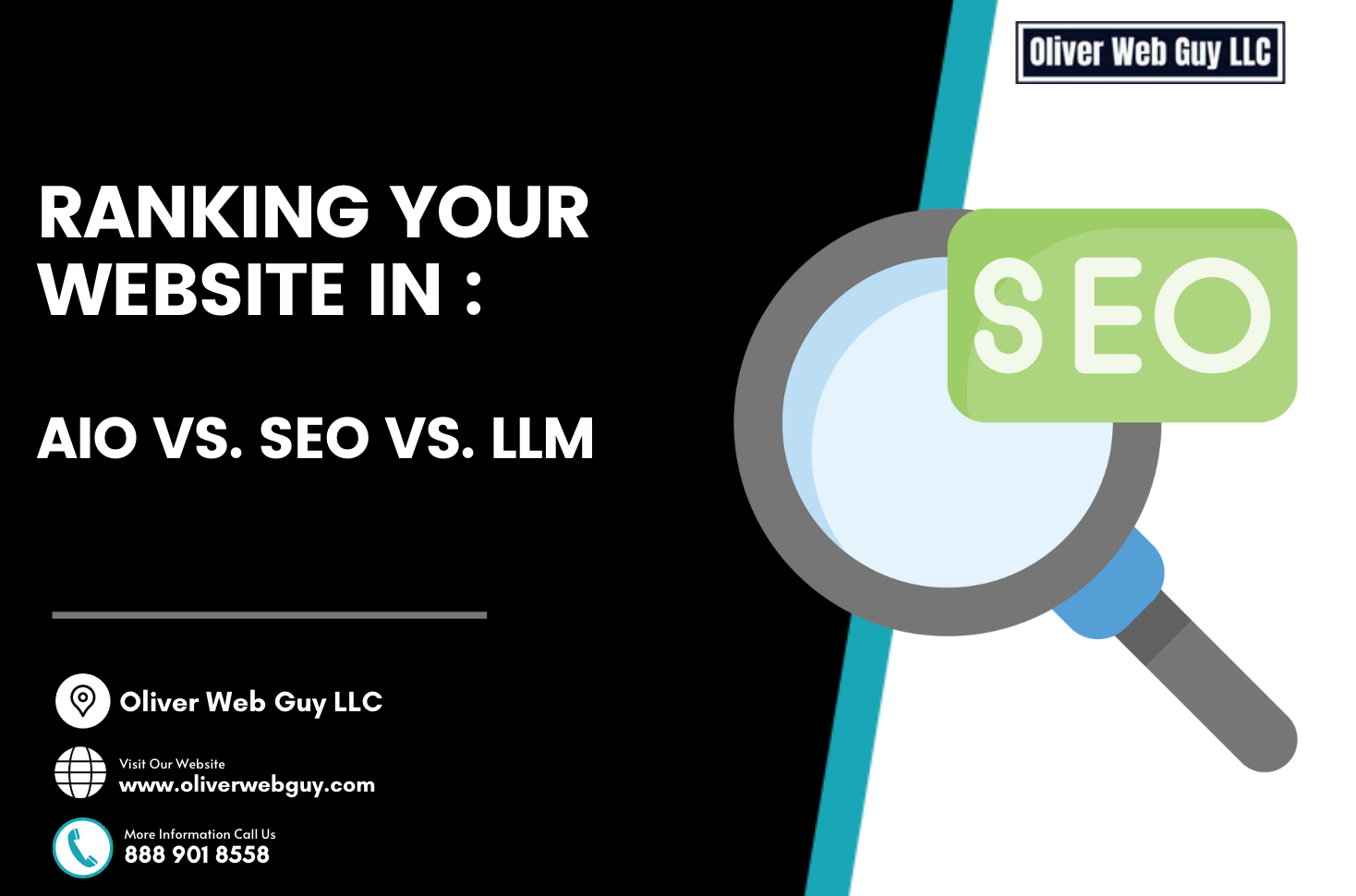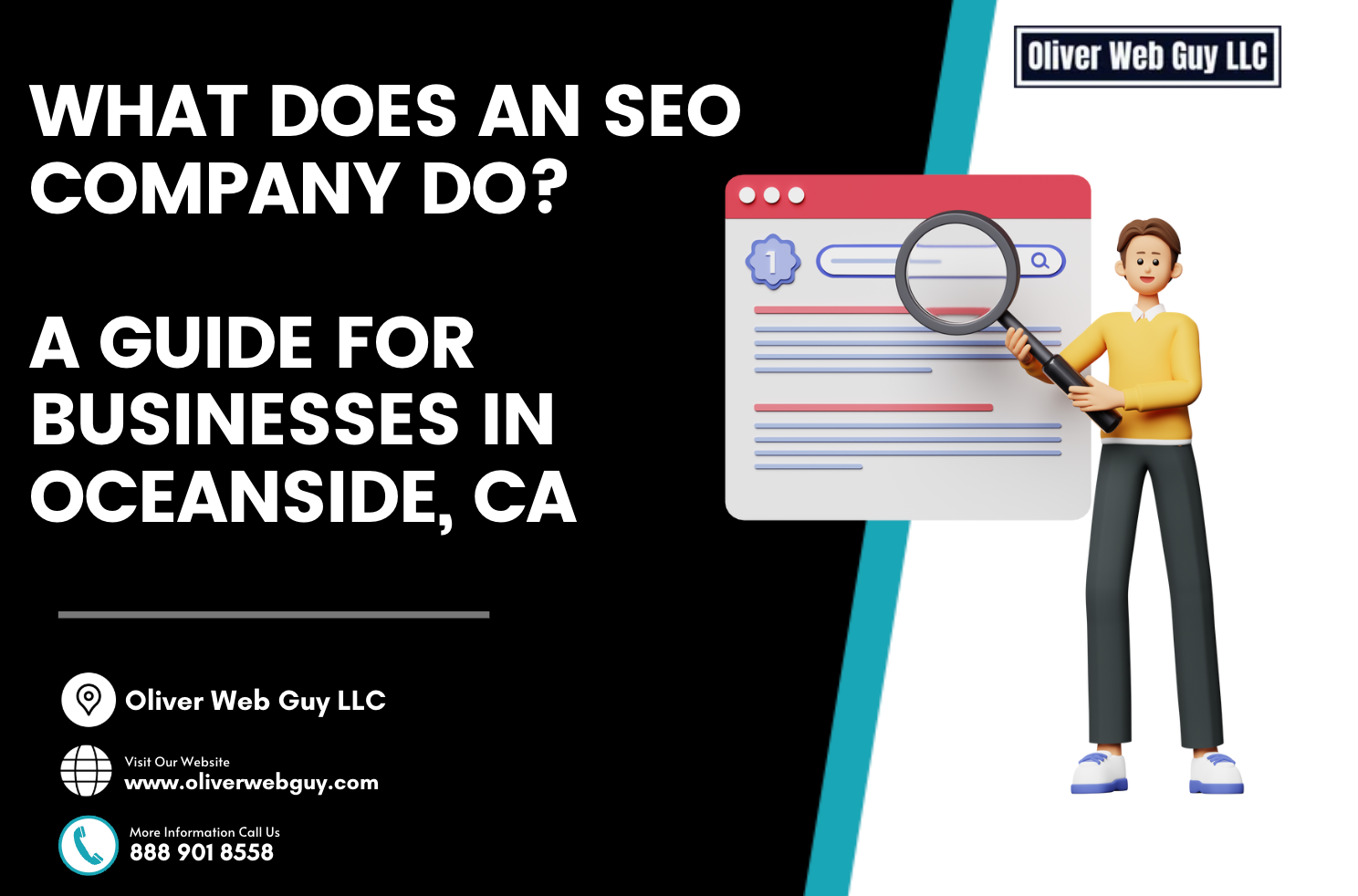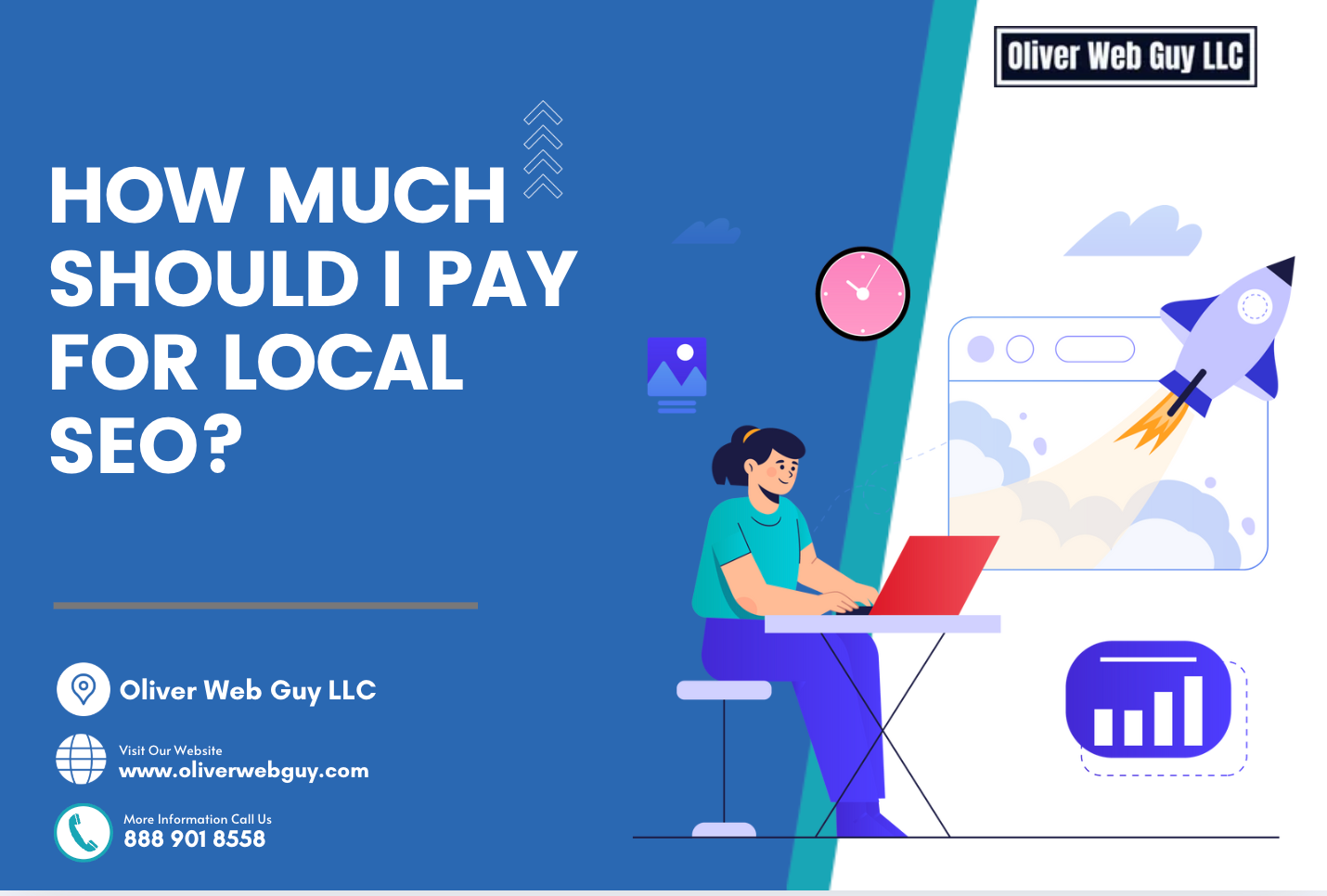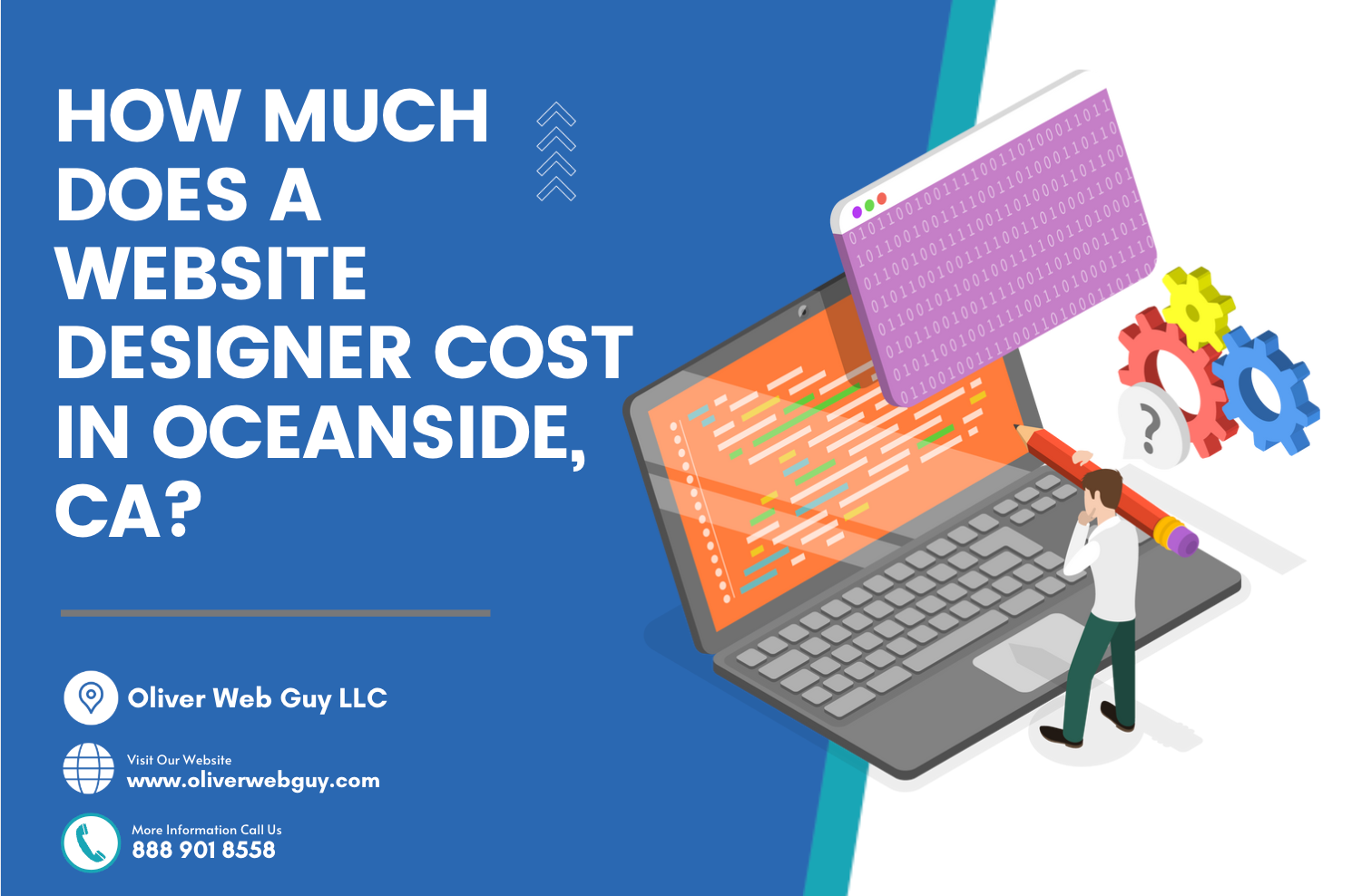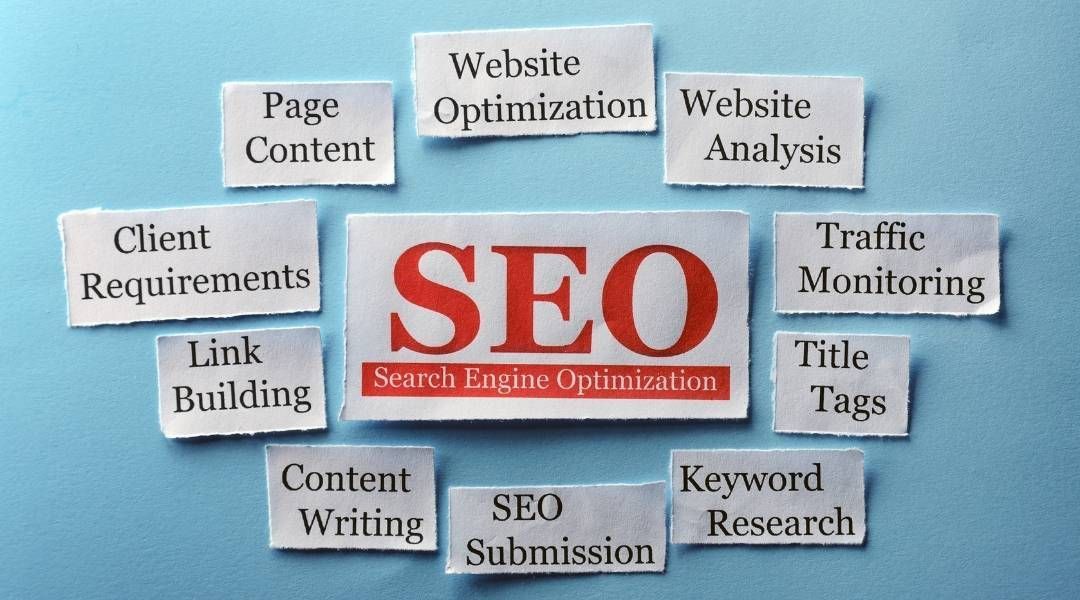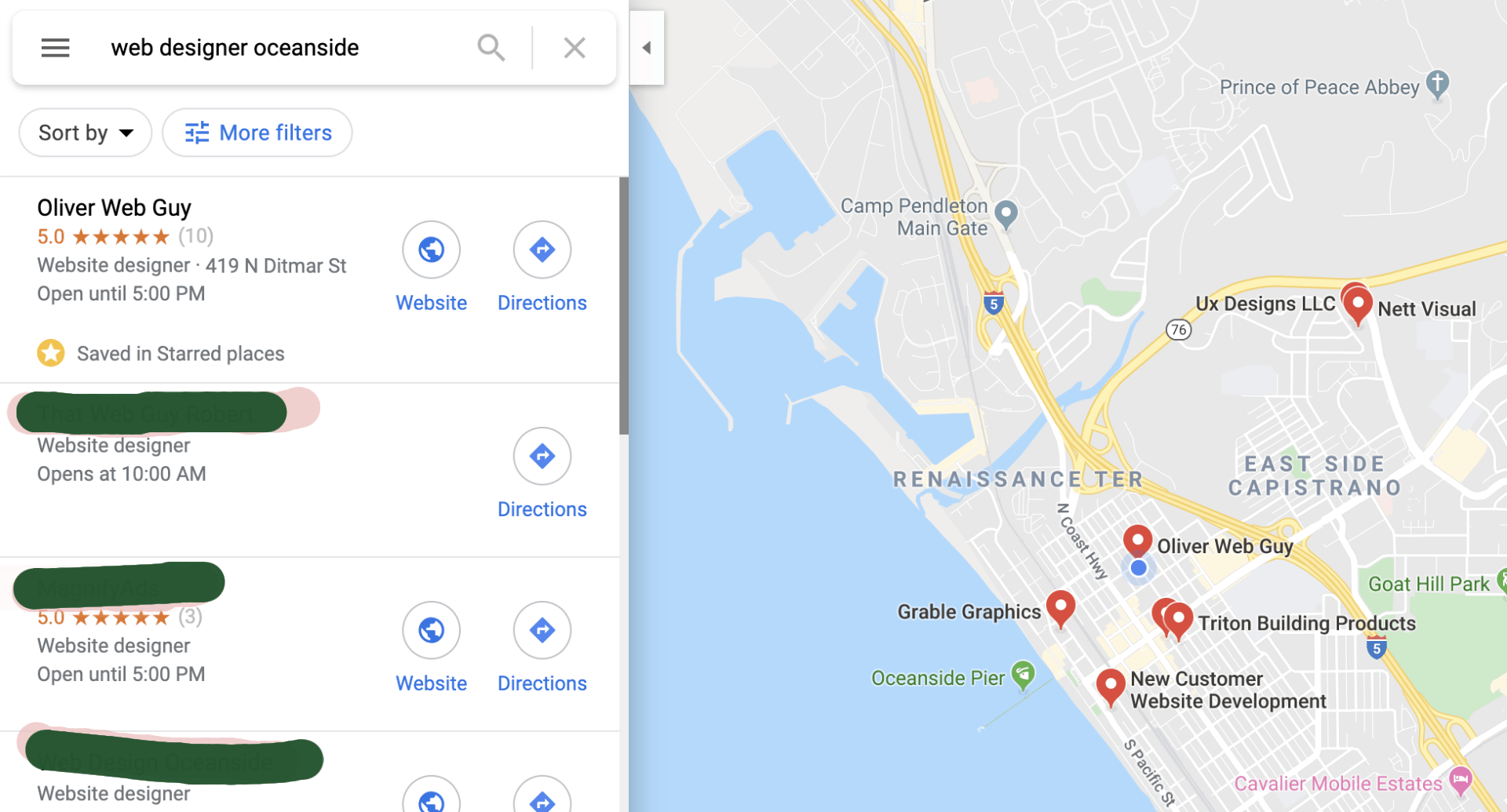WHAT IS THE GOOGLE 3 PACK?
WHAT IS THE GOOGLE 3 PACK?
The Google 3-Pack is a powerful way Google displays search results when users search for local businesses. It features three top businesses, a map of their locations, and key business details. This coveted spot appears above organic results but below paid ads, making it a prime opportunity for local businesses to attract customers quickly.
Why Ranking in the Google 3-Pack Matters
Today, instead of scrolling through multiple pages of search results, users trust Google’s top recommendations in the 3-Pack. Once they select a business, they can visit the website, call, or get directions—all within a single click. If your business isn’t in the 3-Pack, you’re missing out on a massive amount of local traffic.
However, not every business makes it into the 3-Pack. Google prioritizes businesses that are relevant, optimized, and highly trusted.
How to Get Into the Google 3-Pack
To secure a spot in the 3-Pack, you need to optimize both your Google Business Profile (GBP) (formerly Google My Business) and your website. Google only includes businesses that are highly relevant and provide valuable information to searchers.
Here are the top strategies to improve your chances:
1. Optimize Your Google Business Profile (GBP)
- Claim and verify your profile through Google Business Profile.
- Fill out every detail, including business name, category, services, and attributes.
- Ensure your NAP (Name, Address, Phone Number) is consistent across all platforms.
- Add high-quality photos showcasing your business, services, and team.
- Encourage customer reviews and respond to all feedback to boost engagement.
- Post regular updates about offers, events, and services.
2. Improve Local SEO on Your Website
- Use local keywords strategically in your website content (e.g., “best plumber in Oceanside, CA”).
- Ensure your site is mobile-friendly and loads quickly.
- Use structured data (schema markup) to help Google understand your business.
- Get backlinks from local businesses, directories, and partners.
- Optimize your meta descriptions and title tags with location-based keywords.
11 Simple Yet Effective Tips to Boost Your Local SEO
If you want to improve your local rankings on your own, here are some DIY SEO strategies:
- Plan a clear website structure with easy navigation.
- Fix or redirect broken links.
- Use location-based keywords in website content, title tags, and meta descriptions.
- Keep your website content relevant, concise, and informative.
- Register your business on Google Business Profile and other directory listings.
- List your business in local directories to boost credibility.
- Earn local citations by getting mentioned on industry-related sites.
- Analyze what top competitors are doing and adapt your strategy accordingly.
- Encourage positive customer reviews to build trust and credibility.
- Use high-quality images and videos to boost engagement and click-through rates.
- Stay updated with Google’s latest SEO trends to maintain rankings.
Why Work with a Local SEO Expert?
While DIY SEO strategies can help, achieving top rankings requires expertise and ongoing optimization. A professional SEO consultant can help you achieve results faster, ensuring you don’t just reach the 3-Pack but stay there.
At Oliver Web Guy in Oceanside, CA, we specialize in local SEO, website optimization, and Google Business Profile management to help businesses dominate local search results. We understand how to tailor strategies that drive real leads and customers.
Want to Get Into the Google 3-Pack? Let’s Make It Happen!
🚀 Schedule a free consultation today! Get a customized SEO strategy tailored to your business goals.
